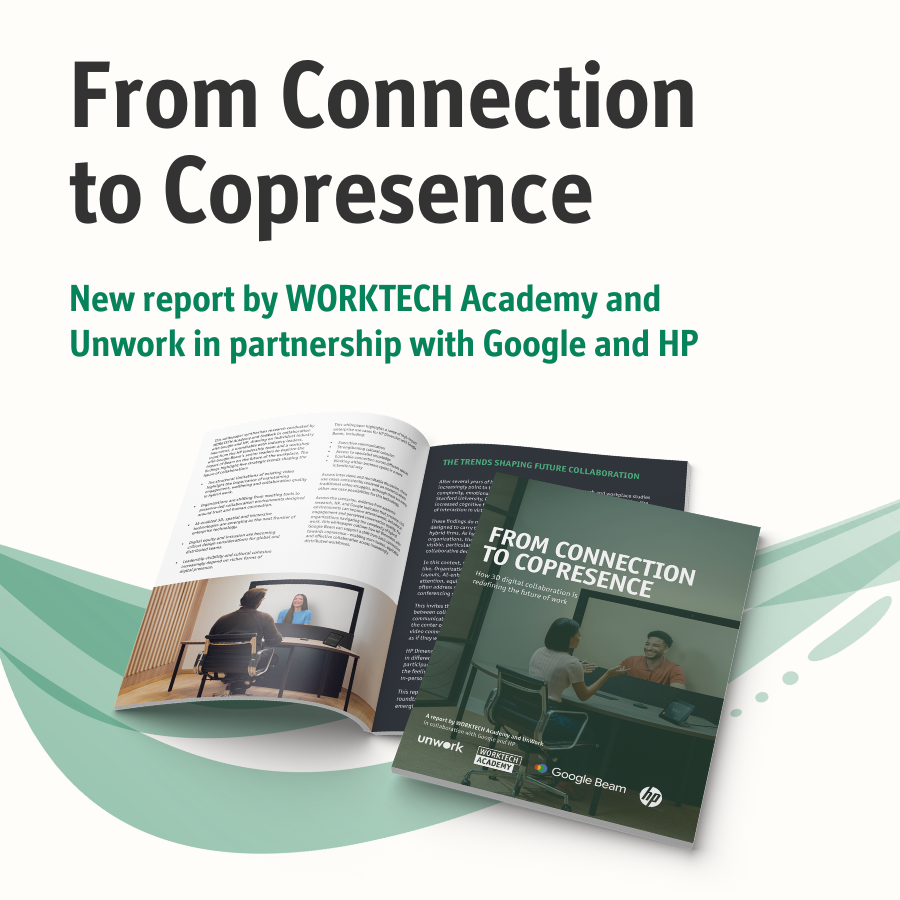How Humanscale’s 20-year journey shaped the modern workplace
From healthcare to hybrid offices, Humanscale’s ergonomics practice shows how understanding the human body unlocks better work
When Humanscale launched its ergonomics consultancy in 2005, the discipline was often seen as a health and safety requirement. Over two decades, the company has helped move ergonomics into the mainstream of workplace strategy, demonstrating how fit between people and their environment underpins comfort, productivity and long-term wellbeing.
The goal remains to design spaces that support the body’s natural movement and posture rather than forcing workers to adapt to static furniture and technology. This approach has proven to reduce risk and increase efficiency, while also contributing to employee satisfaction and retention.
Scaling for hybrid work
One of Humanscale’s key achievements has been making ergonomics accessible at scale. The company’s early work relied on in-person assessments and training sessions. Today, it delivers support globally through its ergonomist network and digital tools such as ergoIQ, which brings expert guidance to any employee, anywhere.
This transition mirrors how organisations now think about workplace health, shifting from reactive adjustments to proactive, enterprise-wide programmes that can flex to remote and hybrid settings.
Broadening applications
The consultancy’s remit has grown well beyond desk-based roles. In healthcare, Humanscale has contributed to safer patient-handling practices and more adaptable clinical workstations. In laboratories, its interventions help reduce repetitive strain from equipment use. Industrial settings benefit from risk analysis around lifting, vibration and workflow.
These expansions show how ergonomics provides a versatile framework for improving work wherever physical demands meet complex tasks.
Building design knowledge
Another insight from 20 years of consulting is the gap between ergonomic research and design education. Architects and interior designers often value human factors but lack the skills to apply them systematically. Humanscale’s new Ergo AP (Accredited Professional) programme responds to this need, training A&D professionals to integrate ergonomics early in workplace planning.
By embedding this knowledge within design teams, the quality and impact of new work environments can be raised from the outset.
Humanscale’s journey charts how ergonomics has evolved into a strategic capability, one that aligns health, comfort and productivity with business performance. As work becomes more hybrid and data-driven, the ability to scale personalised ergonomic support and embed it in design processes will be critical.
For Humanscale, the mission is to create work environments that respect the human body while enabling people to perform at their best.








